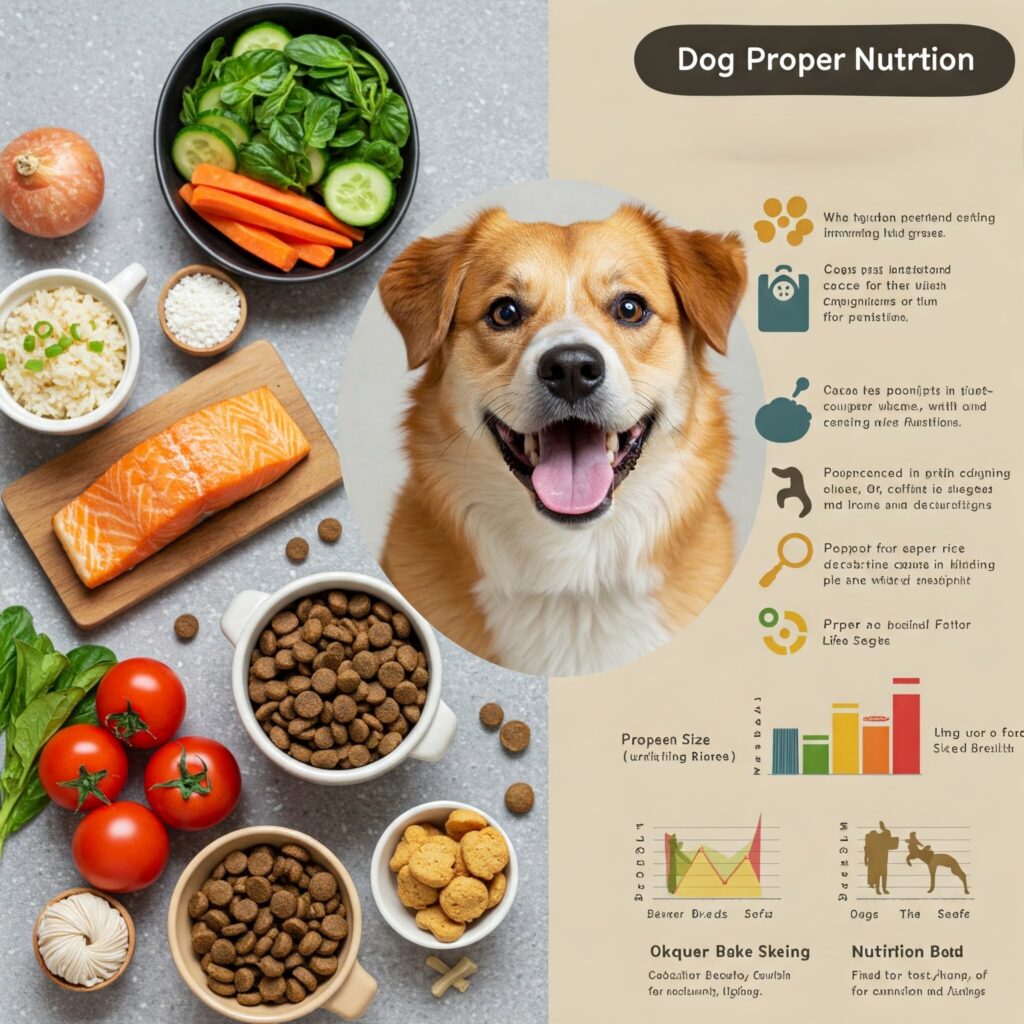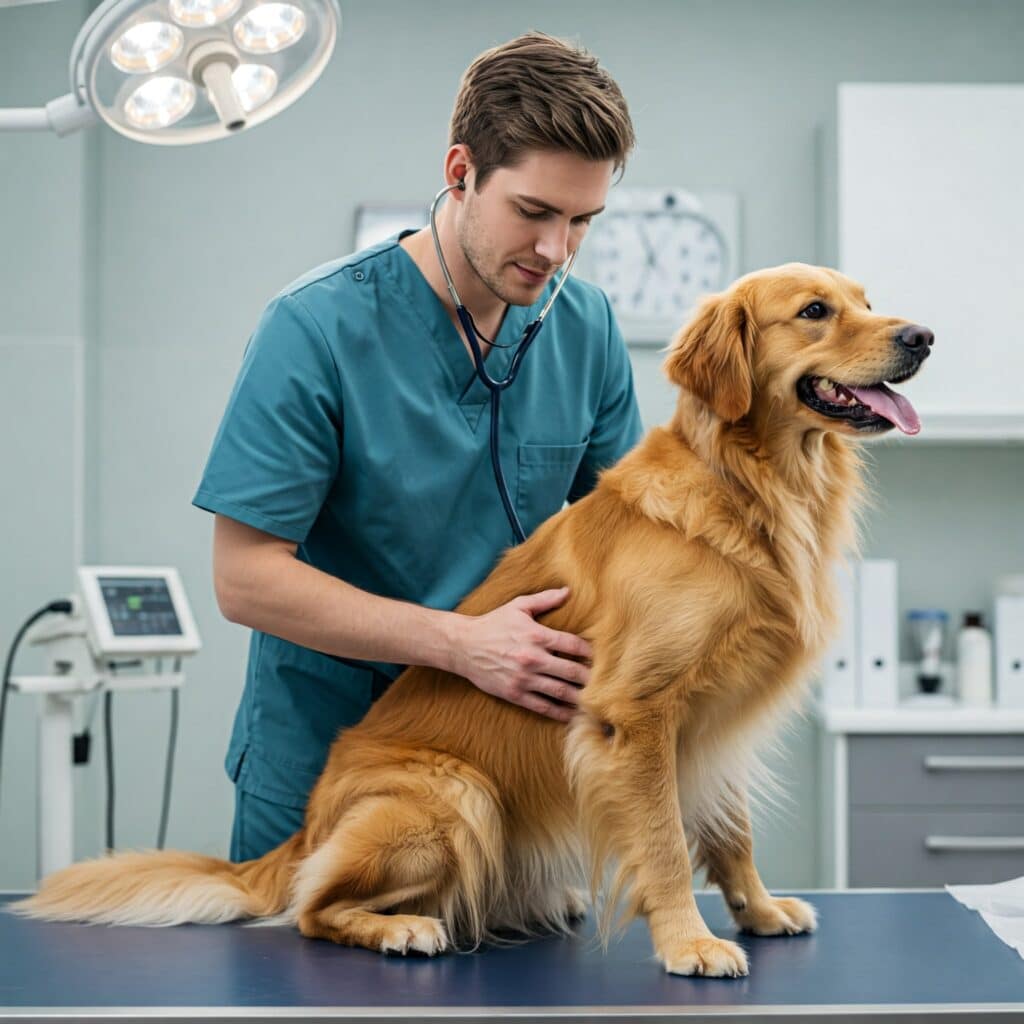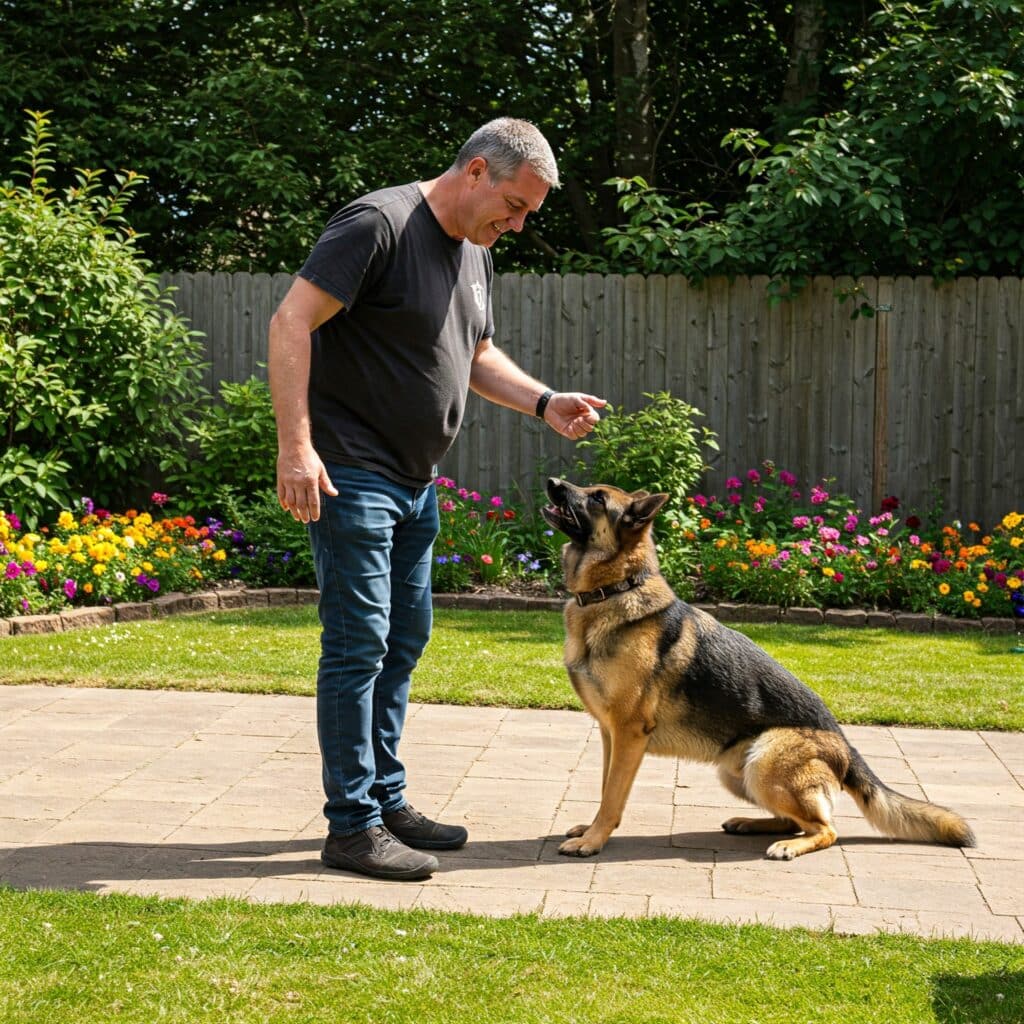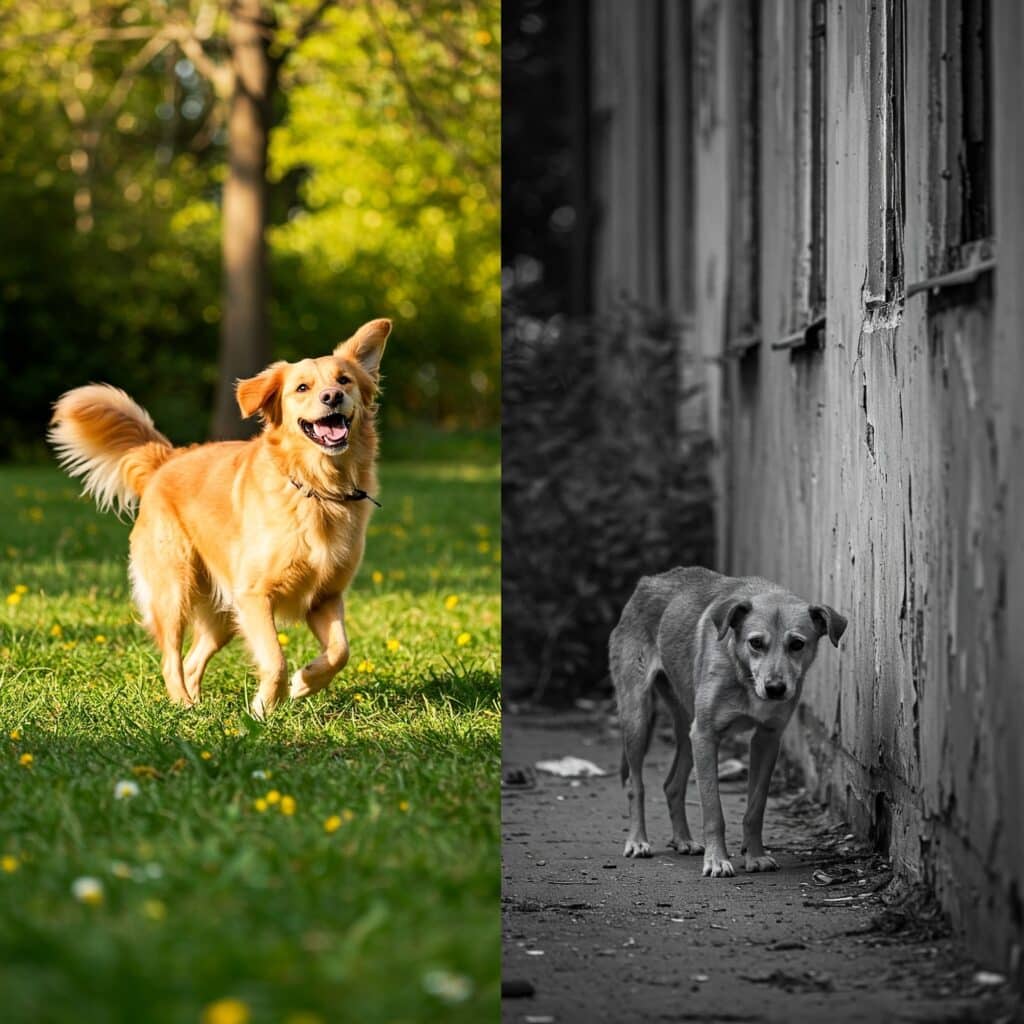Owning a pet can be one of the most rewarding experiences in life. Whether you’re adopting a playful puppy, a curious kitten, or even a more exotic animal, pets offer companionship, unconditional love, and joy. However, with the privilege of pet ownership comes a great responsibility. As pet owners, we have the duty to provide for their well-being, ensuring they lead happy, healthy, and safe lives. Being a responsible pet owner is not just about providing food and shelter; it’s about taking a holistic approach to their physical, mental, and emotional needs.
In this article, we will discuss the essential aspects of responsible pet ownership and offer some tips on how to be a compassionate, informed, and ethical pet parent.
1. Commitment and Long-Term Care
One of the most important responsibilities of being a pet owner is committing to their care for the long haul. Pets are not temporary companions; they are lifelong commitments. Depending on the species, a pet can live for many years, with some dogs living up to 15 years, and certain parrots or tortoises living well over 50 years.
Before adopting or purchasing a pet, it’s crucial to assess whether you can provide for its needs over the course of its life. This means considering factors such as:
- Time commitment: Pets require daily care, including feeding, grooming, exercise, and attention.
- Financial commitment: Pet ownership comes with ongoing costs such as food, veterinary care, vaccinations, pet insurance, and pet supplies.
- Lifestyle compatibility: Make sure your living situation, work schedule, and family dynamics are conducive to having a pet. Some pets may require more attention or space than others, so choosing the right pet for your lifestyle is key.
A responsible pet owner understands that pet care doesn’t just end after a few months or years; it’s a long-term relationship that requires consistency, patience, and dedication.
2. Providing Proper Nutrition

Pets, like humans, require a balanced and nutritious diet to maintain good health. What you feed your pet has a direct impact on their well-being. It’s essential to feed your pet high-quality food that meets its specific nutritional needs, which may vary by age, breed, activity level, and health condition.
- Dogs and Cats: Both dogs and cats have specific dietary requirements. Dogs are omnivores, and cats are obligate carnivores, meaning they need animal-based proteins in their diet to thrive. Consulting a veterinarian for guidance on food choices based on breed and age can help ensure your pet is receiving proper nutrition.
- Exotic Pets: Exotic pets, such as reptiles, birds, and small mammals, often have more specialized dietary needs. Researching the appropriate diet for your specific pet is essential to ensure they receive the necessary vitamins, minerals, and nutrients.
Additionally, always provide clean, fresh water for your pet, and monitor their weight to avoid obesity, which can lead to a host of health problems.
3. Regular Veterinary Care

Routine veterinary care is crucial for keeping your pet healthy and preventing illness. Regular check-ups ensure that any potential health issues are identified early and treated before they become serious.
- Vaccinations: Vaccines protect pets from deadly diseases, and staying up-to-date with vaccinations is an essential part of responsible pet ownership.
- Parasite Control: Fleas, ticks, and worms are common problems that affect pets. Regular flea and tick treatments, as well as deworming, help protect your pet from these parasites and the diseases they carry.
- Spaying/Neutering: Spaying or neutering your pet helps prevent unwanted pregnancies and reduces the risk of certain health problems and behavioral issues.
Being proactive about your pet’s health and well-being will ensure they lead a long, happy life. Moreover, annual check-ups allow your veterinarian to give you specific advice on diet, exercise, and preventive measures for your pet’s individual needs.
4. Providing Mental and Physical Stimulation
Pets, especially dogs and cats, need both mental and physical stimulation to stay happy and healthy. Exercise isn’t just for physical health—it also contributes to your pet’s mental well-being.
- Dogs: Dogs, especially active breeds, require regular exercise to burn off energy and maintain a healthy weight. Daily walks, playtime in the yard, and even dog sports like agility or fetch can help provide necessary physical activity.
- Cats: While cats are generally more independent than dogs, they still benefit from mental stimulation and physical activity. Providing interactive toys, scratching posts, and opportunities for climbing and exploring can help keep a cat happy and engaged.
- Small Mammals and Birds: Even smaller pets like rabbits, guinea pigs, and birds need mental and physical stimulation. Birds, for example, enjoy flying and need space to explore their environment. Small mammals benefit from interactive toys and opportunities to explore in safe, controlled spaces.
Beyond exercise, enrichment activities such as training, puzzle toys, and games help engage your pet’s mind and prevent boredom, which can lead to destructive behavior or depression.
5. Socialization and Training

Socialization and training are vital aspects of responsible pet ownership. A well-socialized pet is more likely to develop into a well-behaved, confident, and happy companion. Early socialization helps your pet become comfortable with new people, environments, and other animals, reducing fear and anxiety.
- Dogs: Socializing your dog with other dogs and people at a young age can help them develop proper behavior. Basic training is also essential for teaching commands, preventing unwanted behaviors, and ensuring a positive relationship between you and your pet.
- Cats: While cats tend to be more independent than dogs, socializing them with other pets and people, especially during kittenhood, can prevent aggression or fearfulness.
- Other Pets: Socialization is also important for other animals, such as birds and small mammals. Introduce them to different environments, handling, and even other animals, so they feel more comfortable and less stressed in various situations.
Training your pet using positive reinforcement methods (like treats, praise, and play) fosters a strong bond between you and your pet while also encouraging good behavior.
6. Creating a Safe Environment

A responsible pet owner ensures that their pet’s environment is safe and secure. This means:
- Pet-Proofing Your Home: Removing hazards like toxic plants, chemicals, or sharp objects that could harm your pet. Ensuring that windows, doors, and gates are securely closed or locked to prevent your pet from escaping.
- Pet-Friendly Spaces: Creating a comfortable space for your pet to relax, sleep, and retreat when they need some alone time. This could be a cozy bed or a designated room where they feel safe and secure.
- Travel Safety: When traveling, whether by car, plane, or other means, ensure that your pet is safely secured in a crate or carrier, and always follow safety guidelines to prevent injury or stress.
7. Ethical Considerations
Responsible pet ownership also means considering the ethical aspects of pet care:
- Adopting vs. Buying: Consider adopting a pet from a shelter or rescue organization rather than buying from breeders or pet stores that may contribute to overpopulation or unethical breeding practices.
- Supporting Local Shelters: If you’re not in the position to adopt, supporting your local shelters through donations or volunteering can help improve the lives of many animals in need.
Conclusion
Being a responsible pet owner requires more than just providing food and shelter. It’s about making a long-term commitment to your pet’s health, happiness, and well-being. From regular veterinary care to providing mental stimulation, exercise, and ethical considerations, every aspect of pet ownership involves responsibility and care.
When we take the time to meet our pets’ physical, emotional, and mental needs, we ensure that our furry, scaly, or feathered companions lead fulfilling lives. A responsible pet owner isn’t just a caretaker—they’re a true partner in their pet’s well-being, creating a loving and lasting relationship that can bring joy for years to come.






